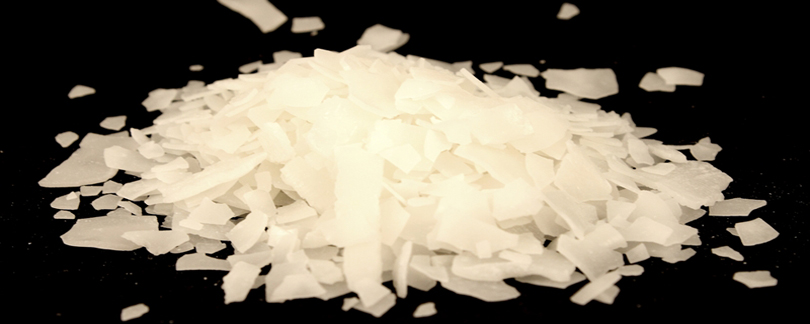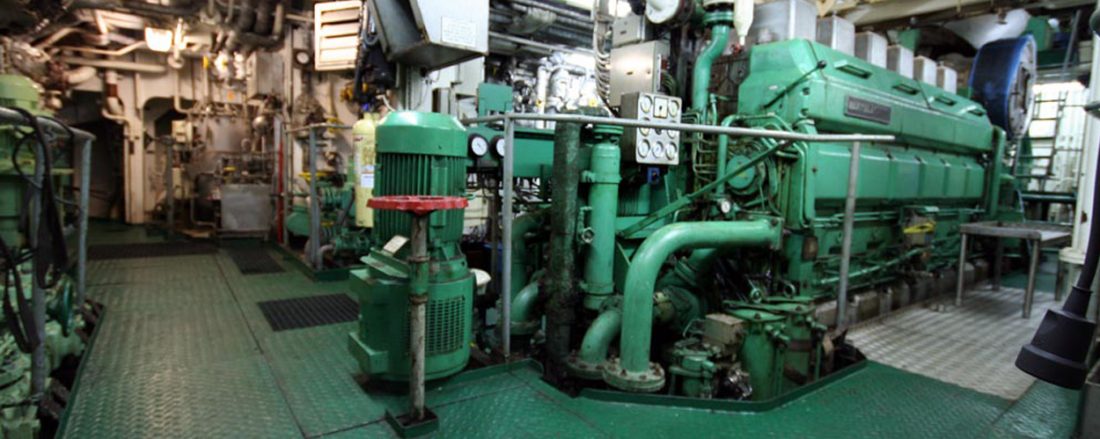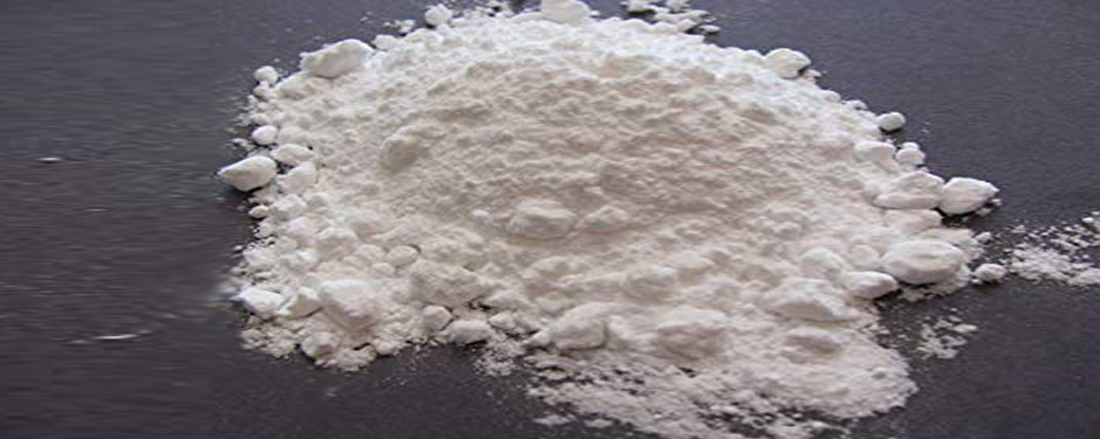UREA AR FOR BIOCHEMICAL PURPOSE
The cycling of and excretion of urea by the kidneys is a vital part of mammalian metabolism. Besides its role as carrier of waste nitrogen, urea also plays a role in the countercurrent exchange system of the nephrons, that allows for re-absorption of water and critical ions from the excreted urine.
A blood urea nitrogen (BUN) test measures the amount of nitrogen in your blood that comes from the waste product urea. Urea is made when protein is broken down in your body.
Urea is the most important nitrogenous fertiliser in the country because of its high N content (46%N). Besides its use in the crops, it is used as a cattle feed supplement to replace a part of protein requirements. It has also numerous industrial uses notably for production of plastics.
There are two physiological causes of reduced concentration: low-protein diet, and pregnancy. Low-protein diet is associated with reduced urea production and consequent tendency to reduced plasma/serum urea concentration.









